Big Data Analytics: Why More Data Isn’t Always the Answer
The more the merrier. Bigger is always better. Go big or go home. You’ve heard the sayings. But when it comes to data analytics, these cliches aren’t always the case. Especially with big data.
There’s almost certainly gold mines of data for you to uncover. But when you have a lot of data to manage, your team will have to spend more and more time digging to find it. This isn’t a very efficient process.
When it comes to processing data, this saying applies better: quality over quantity.
What this means is you don’t necessarily need more data, you need better data to analyze.
How to Find Better Data
How does one find information that will help increase your competitive position? That’s the data you need. To aid in the process of figuring out what data is helpful vs. what data is useless, try the following steps:
1. Identify causes of waste in your business
Some waste is an inevitable part of every business. You probably don’t have to rack your brain too hard to come up with a few different sources of waste in yours. Take inventory, for example. Are you ordering too much of something, or ordering something you aren’t using?
Take your time and really think about where waste crops up in your business.
2. Determine what can be automated to reduce waste
Once you’ve identified where inefficiency happens, it’s time to brainstorm how to eliminate or at least minimize it.
If inventory is the problem, how can this process be automated? Any other decisions or sources of waste that are repetitive, simple, operational decisions can likely be automated as well.
For example, a mom-and-pop flower shop can easily know how many flowers to order. Even product pricing decisions can be automated nowadays. So a national gas station store chain can use big data to determine fuel price changes that maximize the company’s profits.
3. Discover what data is needed to accomplish this goal
Now you know your sources of waste. You know how you can solve this problem. So what information do you need in order to make this happen?
Take Uber, for example. They wanted to know where possible riders were in the city so that they could automate decisions that would help efficiently coordinate drivers, which reduced the waste of drivers riding around looking for patrons. This allowed Uber to change the game in their industry.
Do you want to take your business to the next level and be a game changer at your company? Take the necessary step to get the right data, not necessarily more data, and gain a competitive edge. The data analytics and data solutions experts at Ad Victoriam Solutions help you get there.


